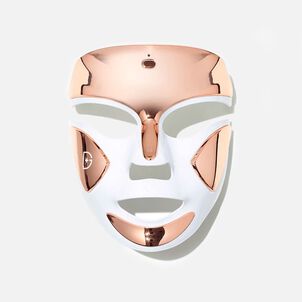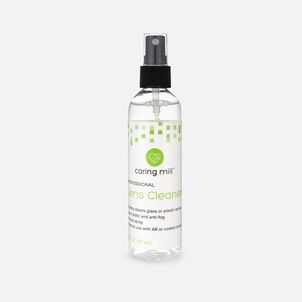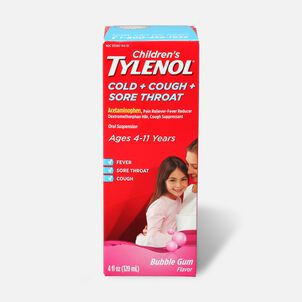Most of us rarely see a dermatologist unless we have a particularly nasty-looking fungus or a rash that won't go away. Otherwise, we suffer in silence and go to a primary care doctor when something is awry. But there are equally as many people who wonder, “Are dermatology appointments HSA eligible?”
Luckily, you can use your HSA account to pay for dermatological visits, but knowing what's covered at the dermatologist first is important. You don't want to spend hundreds of dollars only to realize that the expense was not qualified and you cannot reimburse yourself from your HSA. Here's what you should know about seeing the skin doctor and using your HSA.
Skin cancer screenings
If you have a family history of skin cancer or spend a lot of time outside, you probably should see a dermatologist once a year for a routine skin check. That's when a doctor will look over your skin and see if any moles or bumps need your attention, whether it's to be removed or just watched a little more closely.
Because skin checks are not considered to be preventative care under the Affordable Care Act, you have to pay for them out of pocket after filing with insurance. But rest assured knowing that you can use your HSA funds for skin cancer screenings as they are a qualified medical expense. HSA funds also cover skincare essentials like broad-spectrum suncare with SPF 15+. or even reparative acne solutions like light therapy.
Prescriptions
Dermatological conditions such as psoriasis, eczema, and rosacea often require prescription-strength creams and gels. These medications can be costly and are sometimes not completely covered by insurance. However, prescription medications are covered by your HSA.
Over-the-counter acne and skincare products are now HSA eligible with out the need for a prescription.
Acne treatment
People of all ages can be affected with acne. Following a simple skincare routine every day can be an effective solution for a healthier and clearer complexion for some, but for others, certain acne-related conditions may require an appointment with a medical professional. If you visit a dermatologist because of acne problems, the appointment is HSA eligible.
Any prescriptions you get to help your acne are also covered. This may be confusing to patients who view acne as a "cosmetic issue," such as wrinkles or dark spots, which aren't covered by your HSA. But acne is considered a medical condition. A dermatologist can help build you a regimen of HSA eligible acne products like acne light therapy, and over-the-counter staples like oil-free acne wash, astringents, acne pads, and more.
You'd be surprised to know that there are some acne fighting light devices for those looking for a drug-free treatment for acne. These products, along with oil-free acne washes, astringents, and more are eligible for HSA spending.
Hair and nail issues
Dermatologists don't just fix skin ailments, they also deal with problems related to hair and nails. If you have severe dandruff or persistent nail concerns, you can visit your dermatologist. And you should — some diseases, like anemia or thyroid disorders, will first manifest in the nails before showing up in the rest of the body.
If you notice something unusual with your hair or nails, your HSA can help pay for that visit. Any prescription they give you, like a medicated shampoo, can also be paid for with an HSA card (just keep your prescription on file in case you ever need to verify the expense).
How to get dermatology services covered by your HSA
For dermatology appointments and treatments that aren’t definitively HSA eligible, you might need your dermatologist to write a Letter of Medical Necessity. This letter should dictate the medical basis for your visit or condition, not just a cosmetic one.
-
Thank you for visiting the HSA Store Learning Center. Don’t forget to follow us for more helpful tips on Facebook, Instagram, and Twitter.

















.png)














